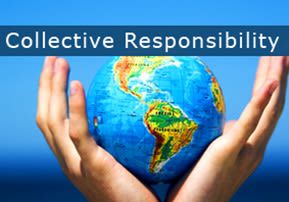
Nitzavim: Collective Responsibility
What is the extent of Jewish social responsibility? That there is no such thing as "looking the other way" when it comes to a transgression by one's fellow Jew…

כח הַנִּ֨סְתָּרֹ֔ת לַֽיהֹוָ֖ה אֱלֹהֵ֑ינוּ וְהַנִּגְלֹ֞ת לָֹ֤נוֹּ וֹּלְֹבָֹנֵֹ֨יֹנֹוּ֨ עַד־עוֹלָ֔ם לַֽעֲשׂ֕וֹת אֶת־כָּל־דִּבְרֵ֖י הַתּוֹרָ֥ה הַזֹּֽאת:
The secret things belong to G-d, Our G-d, but the revealed things belong to us, and to our children forever, that we may do the words of this Torah. (Devarim 29:28)
Rashi explains the intent of the posuk:
… I will not punish you for that which is hidden from you, for that belongs to G-d, and for that He will exact punishment from the individual … but for those things which are revealed and belong to us and to our children in order that we will do away with evil from our midst. If we do not execute judgment upon people who publicly transgress, then the whole community will be punished. There are dots above the letters (in the Sefer Torah) of the words “לָֹ֤נוֹּ וֹּלְֹבָֹנֵֹ֨יֹנֹוּ֨” (“us, and to our children”) to hint that even for revealed sins He did not punish the community until they had crossed the Jordan River (into Eretz Yisroel), from the moment they took upon themselves the oath on Har G’rizim and Har Eival and had become responsible for one another.
This posuk emphasizes the extent of Jewish social responsibility; there is no such thing as “looking the other direction” when it comes to a transgression by one’s fellow Jew. And this is not necessarily because you want to save him from erring again (which is the ideal intention one should have when criticizing another), but because, in the end, his punishment is your punishment. The Talmud presents an awesomely frightening example of just how far this collective responsibility goes. After stating that we are held responsible for the mistakes of others that we do not correct, the Talmud gives over the following dialogue in reference to the destruction of the Temple and the exile of the Jewish nation into Babylonia:
The Holy One, Blessed is He, told Gavriel, “Go and make a mark of ink upon the foreheads of the righteous so that the Damaging Angel cannot have an effect on them, and a mark of blood on the foreheads of the evil so that the Damaging Angel can affect them.”
The Trait of Judgment said before The Holy One, Blessed is He, “Master of the Universe, What difference is there between the two?”
He told her, “These were completely righteous, and these were completely evil.”
She said before Him, “Master of the Universe, They (the righteous) could have protested, and yet didn’t?”
He answered her, “It is revealed and known before Me that had they protested, they would not have been listened to!”
So she answered Him, “To you it was revealed … but who revealed it to them?!” (Shabbat 55a)
At which point, says the Talmud, G-d concurred with the Trait of Judgment and destroyed the righteous and non-righteous alike.
One might have thought that self-righteousness is enough of a merit to survive the sword of the Angel of Destruction. This week’s parsha and the Talmud say, “Wrong, tragically wrong.” For, it seems, as much as the Torah wishes for us to take responsibility for ourselves, it also, if not more so, wishes that we take responsibility for others.
This helps to explain why a day that everyone associates with fighting for their own neck makes no reference to personal teshuva. We are told that on Rosh Hashanah we are begging for survival, to prove to G-d that He ought to give us a new lease on life, at least for the next year. Yet, all of the prayer service is devoted to acknowledging G-d’s supremacy as King over everything, and all the prayers are worded in the plural!
Why? Because that is the teshuva and repentance for a Jew.
Transgressions are the result of selfishness, ultimately. Even accidental transgressions display a lack of care for the ultimate purpose of creation, and the impact our actions have on the world as a whole. Otherwise, wouldn’t we check out what we do before we do it. Wouldn’t we spend more time over important issues such as, “What is the purpose of life?”
If wars prove anything positive at all, it is what people are prepared to personally sacrifice just to advance the cause of their nation. Wartime often shows us just how unselfish we can be when we see clearly how potentially impactful our actions can be on the lives of others, and vice-versa.
Rosh Hashanah says: If you want to overcome transgression, impress G-d enough to warrant more life and blessing, and achieve personal fulfillment, take responsibility for others as well as yourself. You can start by being concerned with your own personal life, but ultimately, it is the collective body of the Jewish people that you have to care about the most. After all, isn’t the process of maturation, of going from childhood to adulthood, one of leaving the state of total selfishness in pursuit of selflessness?
A professor once gave an exam, and had someone else act as proctor.
“You have exactly two hours to complete this exam,” said the proctor. “If you hand in this exam even ten minutes late, you will fail it.”
 The students took the exam, and after the allotted two hours, everyone handed their exams in on time; everything, that is, except for one student who took ten extra minutes to complete it. After doing so, he approached the proctor, who, refusing to look up at him said,
The students took the exam, and after the allotted two hours, everyone handed their exams in on time; everything, that is, except for one student who took ten extra minutes to complete it. After doing so, he approached the proctor, who, refusing to look up at him said,“I told you-anyone who failed to hand in the exam on time fails.”
The student, not giving up asked the proctor, “Do you know who I am?”
The proctor, not to be intimidated answered without looking at the boy, “No, I don’t know who you are, and I don’t care to know who you are.”
It was a battle of wills.
The boy again asked, “Do you know my name?”
And again, the proctor, not to be intimidated, answered, “I told you, I don’t know your name, and I don’t want to know your name.”
At which point, the boy calmly said, “Good,” shoved his paper into the middle of the pile, and ran off. (Heard from Rabbi Yissocher Frand, shlita)
There is power in being part of community, especially at this time of year.
***
Pinchas Winston is the author of over 95 books on various topics that deal with current issues from a traditional Jewish perspective. He has also written on the weekly Torah reading since 1993, called “Perceptions”, as well as on current topics and trends affecting Jewish history, past and present. One of his missions is to make the depth and beauty of the more mystical teachings of Torah understandable and accessible to those who can really benefit from them. Visit his website at thirtysix.org.


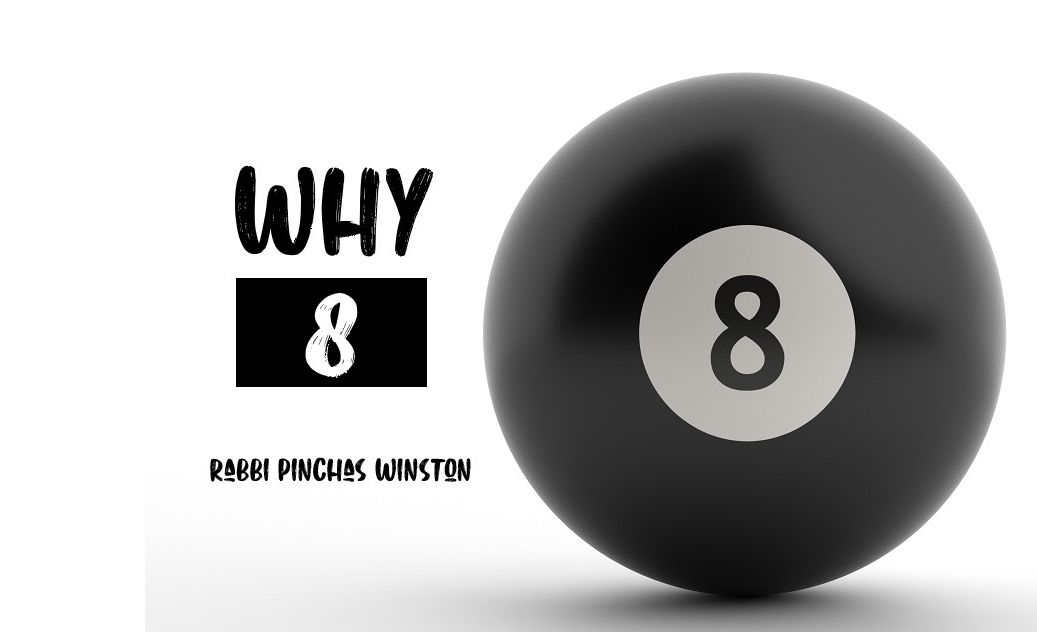
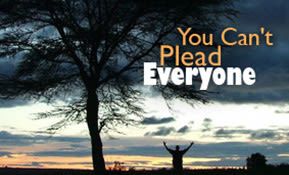

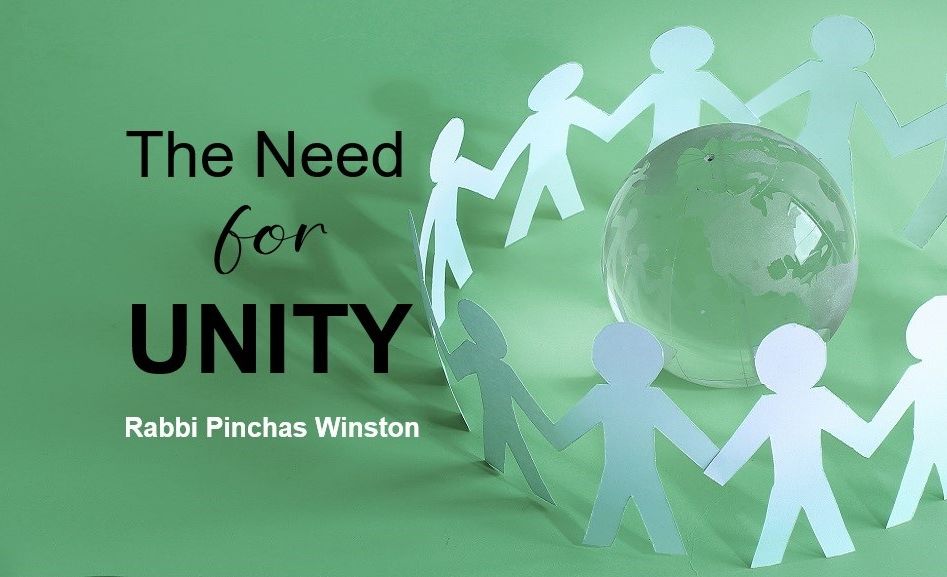
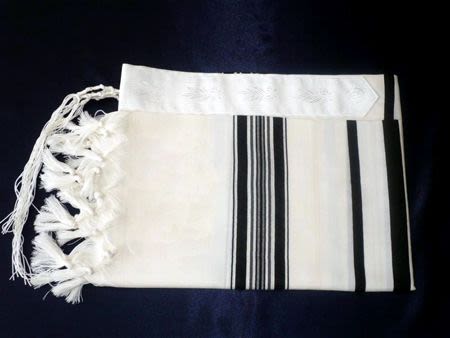

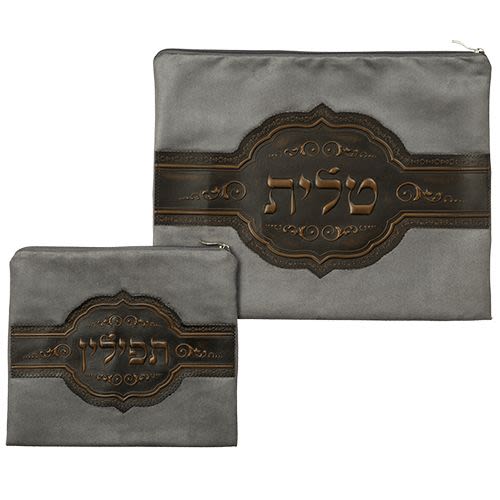
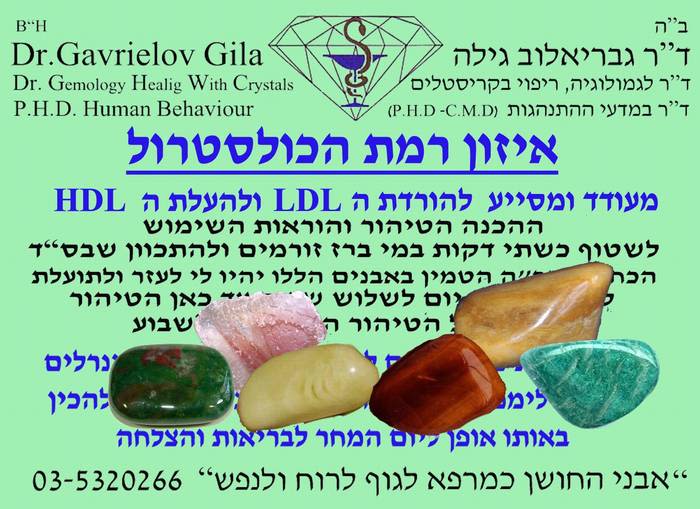

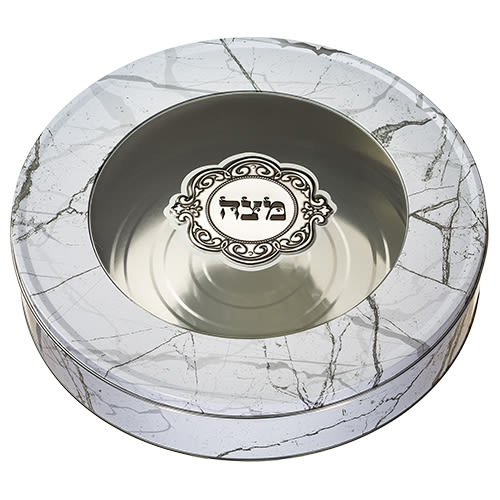
Tell us what you think!
Thank you for your comment!
It will be published after approval by the Editor.